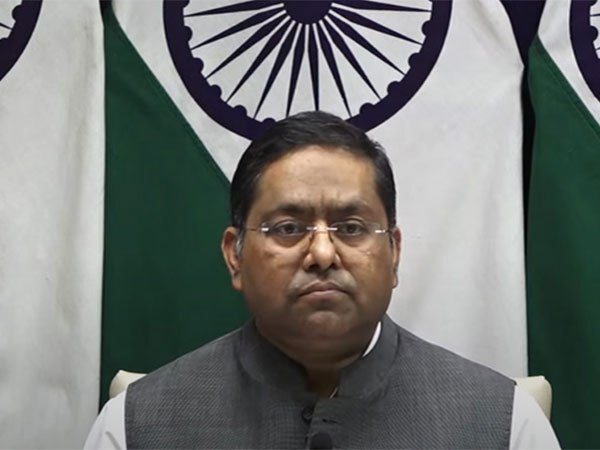New Delhi, May 2: As the United States Commission on International Religious Freedom (USCIRF) in its latest report recommended that India be designated as among “Countries of Particular concern”, India in a scathing rejoinder termed the US federal government agency as “a biased organisation with a political agenda”.
Ministry of External Affairs spokesperson Randhir Jaiswal said: “The USCIRF is known as a biased organisation, with a political agenda. They continue to publish their propaganda on India, masquerading as part of an annual report.
“We really have no expectation that USCIRF will even seek to understand India’s diverse, pluralistic and democratic ethos.
He added that the USCIRF’s “efforts to interfere in the largest electoral exercise in the world will never succeed”, referring to the ongoing Lok Sabha election process in India.
The USCIRF, in its 2024 Annual Report, recommended 17 countries to the US Department of State for designation as Countries of Particular Concern (CPCs) based on their “governments engaging in or tolerating particularly severe violations of the right to freedom of religion or belief”.
Besides the 12 countries that the US State Department had designated as CPCs in December 2023 that include Burma, China, Cuba, Eritrea, Iran, Nicaragua, North Korea, Pakistan, Russia, Saudi Arabia, Tajikistan, and Turkmenistan, it included five additional names: Afghanistan, Azerbaijan, India, Nigeria, and Vietnam.
Last year too, the USCIRF had invited similar reaction from India over its annual report when it designated India as a “Country of Particular Concern” along with, Afghanistan, Nigeria, Syria and Vietnam.
In its reaction last year, the MEA had slammed the USCIRF for continuing “regurgitate biased and motivated comments about India” and rejected the “misrepresentation of facts”.








